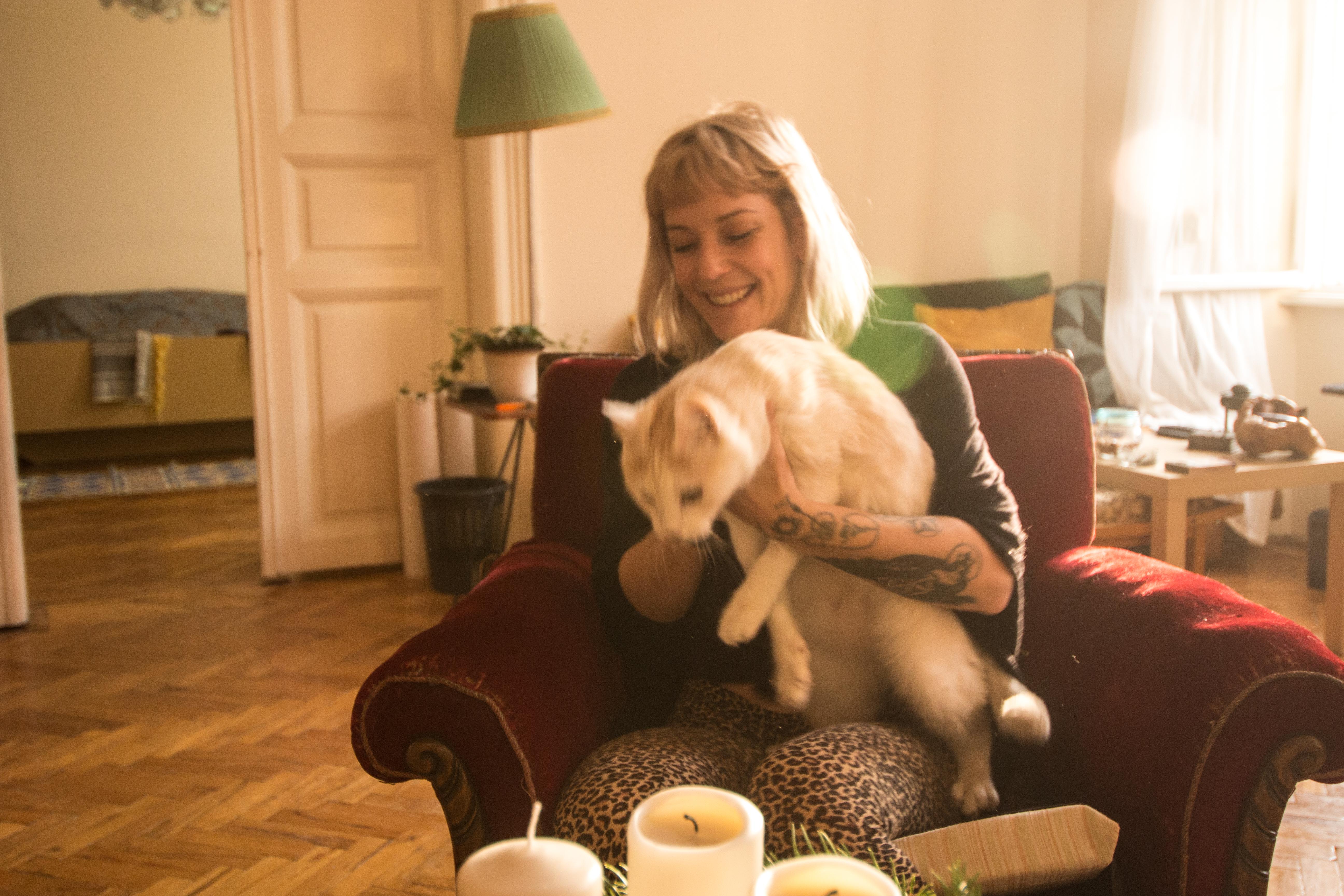
Fostering, in a nutshell, is taking an animal into your home for a short length of time – from a couple of weeks and up – until a permanent home is found. Centres are always looking for volunteers willing to foster an animal, but the need is especially great over the holiday, when many leave the city and animals have trouble being placed. Rescue organisations supply fosters with all the necessary materials, such as cat litter and food if there’s a financial burden, as well as covering medical expenses and vaccinations.
It’s all the fun of pet ownership without the commitment.

“Anyone can foster,” says Linn, “even students. A lot of university students foster animals during their stay here, because obviously they’re not going to buy a pet for only a couple of years”.
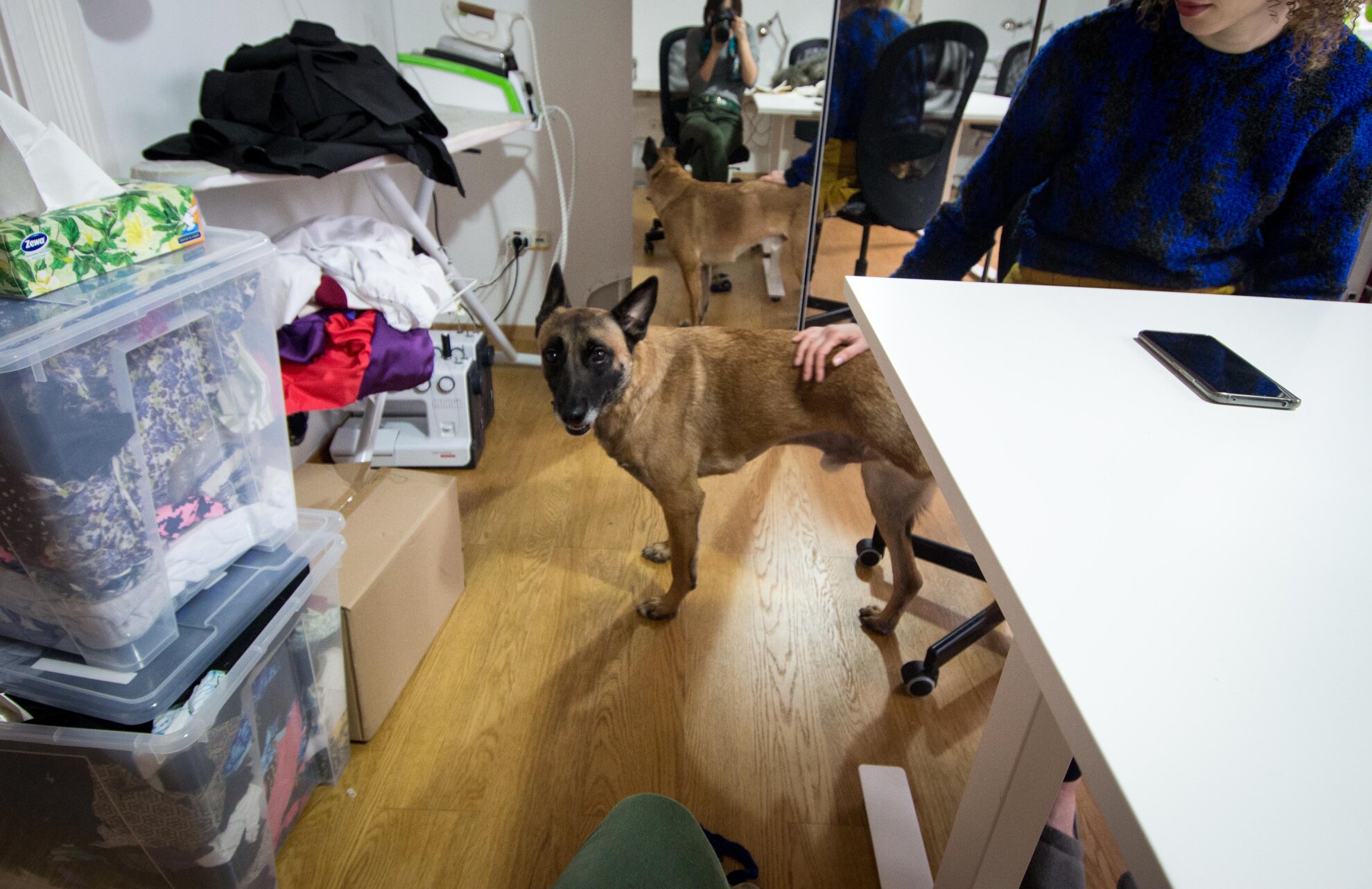
There are some criteria to consider when rescue groups place an animal, such as previous experience with animals, and the foster’s lifestyle and living space. Many of the animals are rescued after traumatic injuries, or might otherwise be scared of humans after life on the streets, so patient rehabilitation is necessary. But the emotional reward is great when the animal begins to trust again.
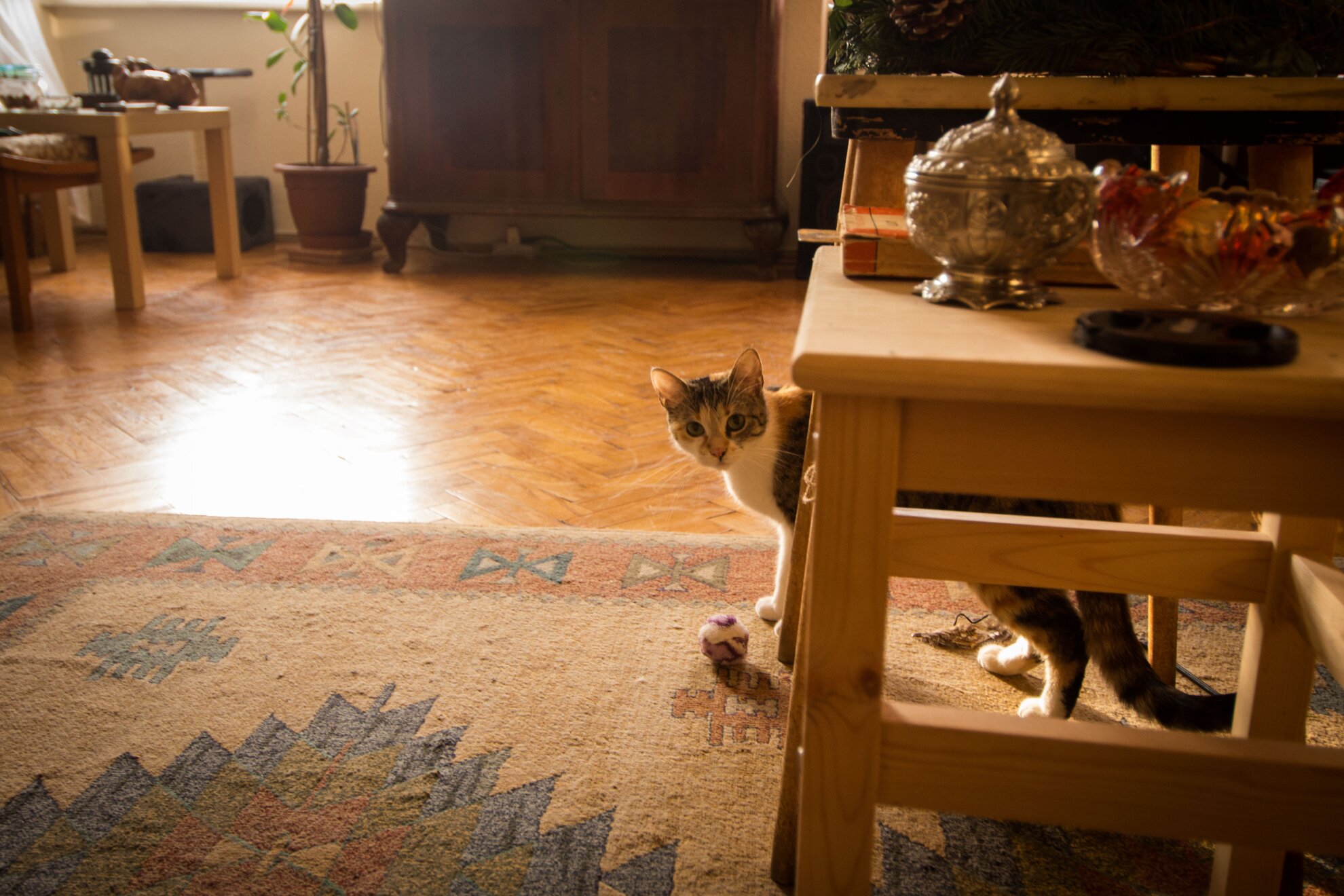
FAPF, which stands for the Foundation of Animal Protection in Füzesabony, states in their Q&A pamphlet, “Some cats can hide for days. Some animals need time to settle in and show their true personalities, so we ask that foster parents give them at least a week to adjust”. Of course, life happens, and FAPF is quick to step in if there are any problems. All animals come to foster families fully vaccinated, micro-chipped and neutered, and FAPF will pay for all medical-related expenses.
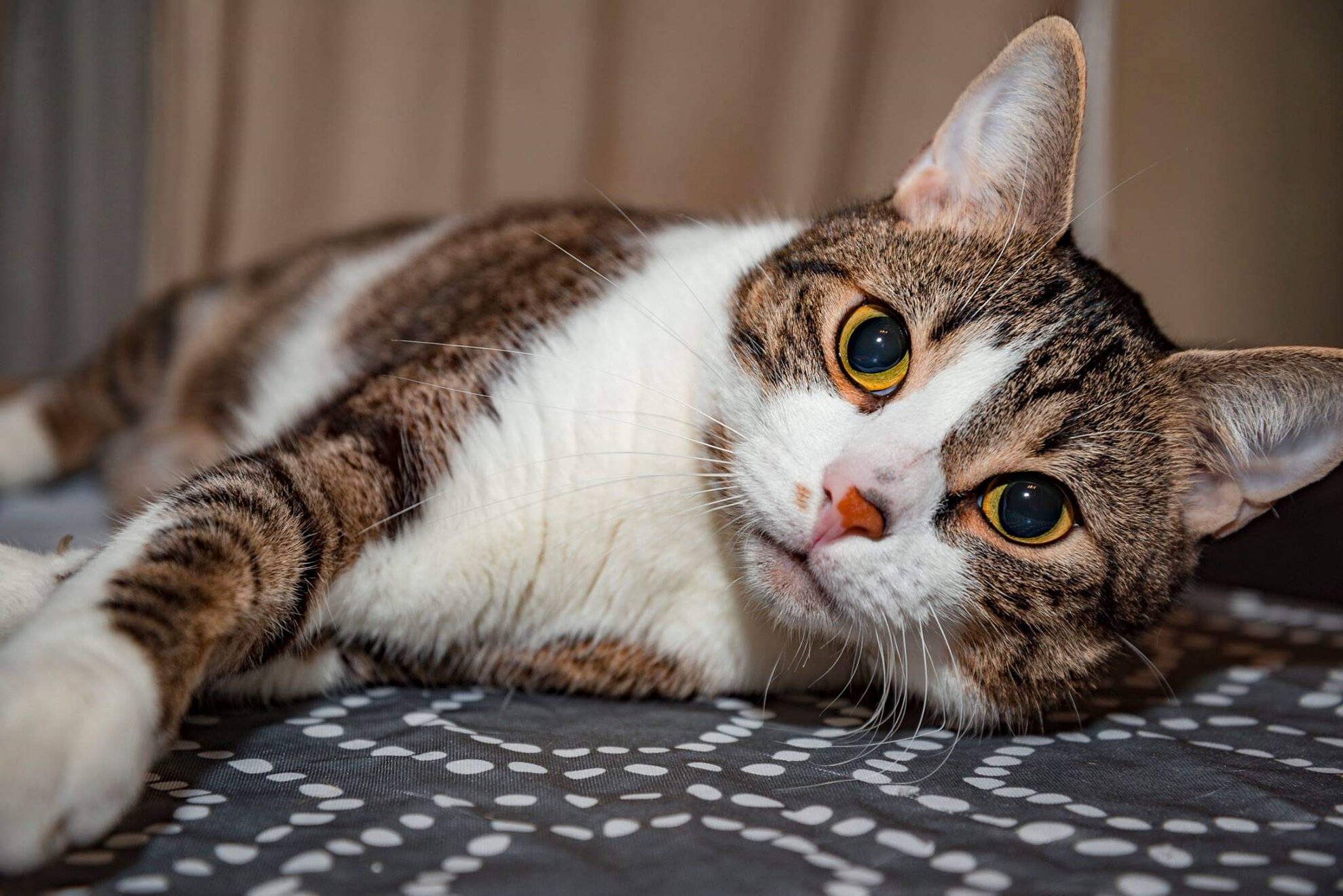
“When I first adopted Shams,” says Linn, “he had a lot of behavioural problems. NOÉ gave me really good advice, and they were willing to take him back, but ultimately he settled down”. Later, when her second rescue cat (from FAPF) fell ill, the foster organisation stepped in again to help.

Currently there are over 50 dogs alone in foster homes in Budapest through FAPF, and 15-35 are in need of a foster over the holiday period. Other important times for fostering include Easter and summer breaks. Available animals are listed on the FAPF website, where potential fosters can read about their personalities and special needs.
If you’re in town over the holiday period, perhaps consider opening your home and your hearts to a lonely animal! More information can be found on the associations’ websites:
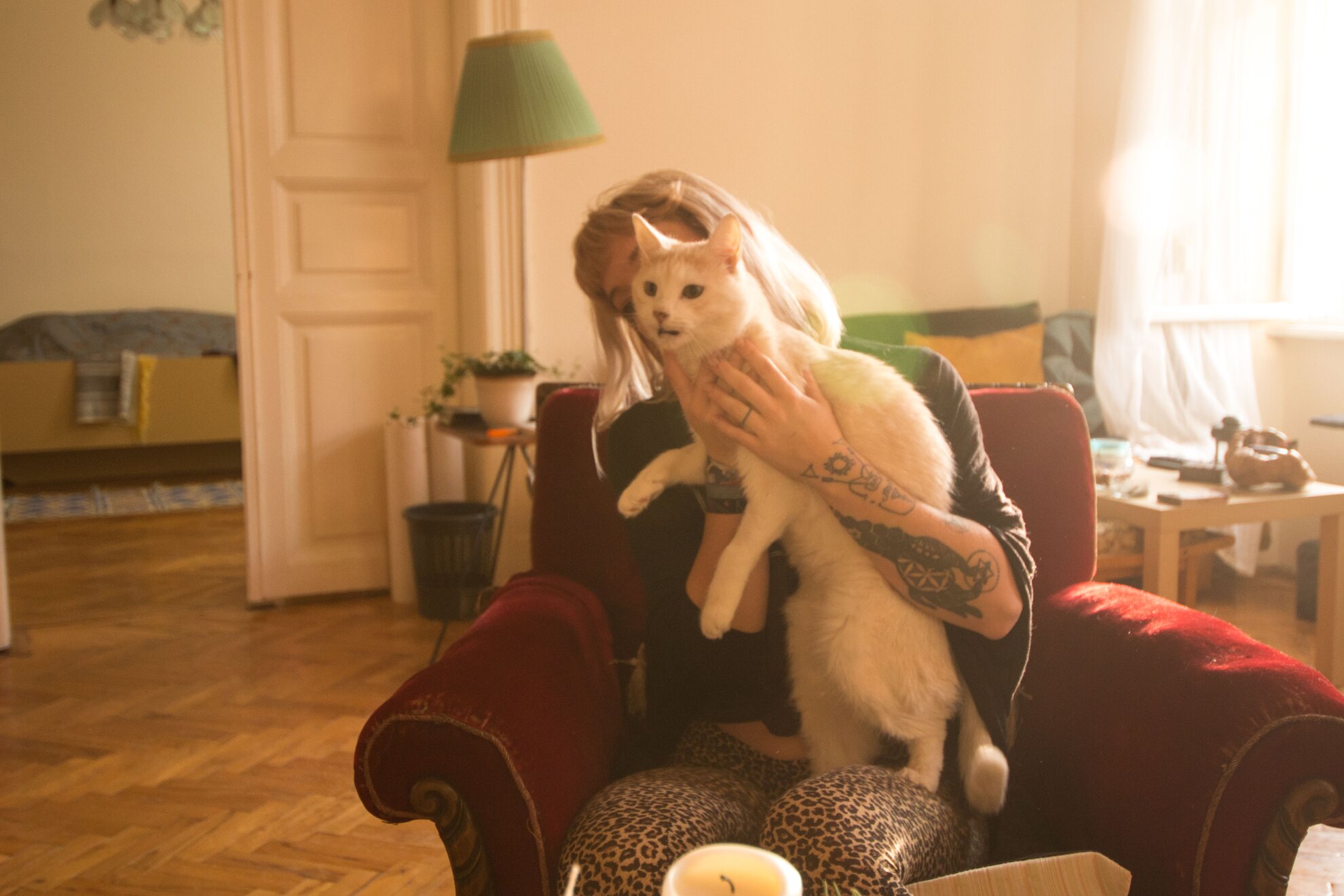
Another group dedicated to reducing the number of stray cats in the street is Magyar Macskavédő Alapítvány, which aims to catch, neuter and release.
